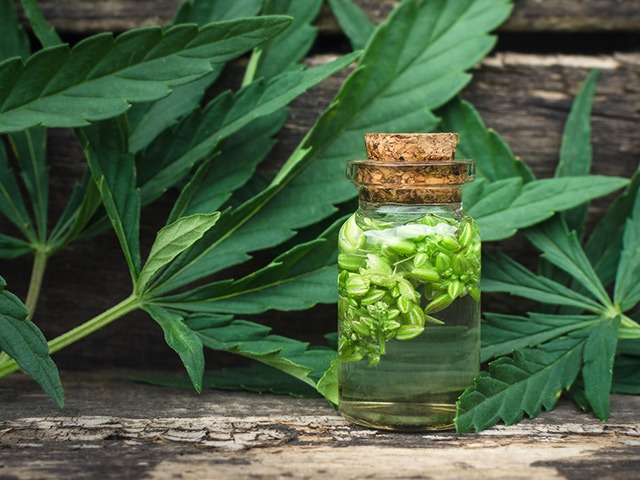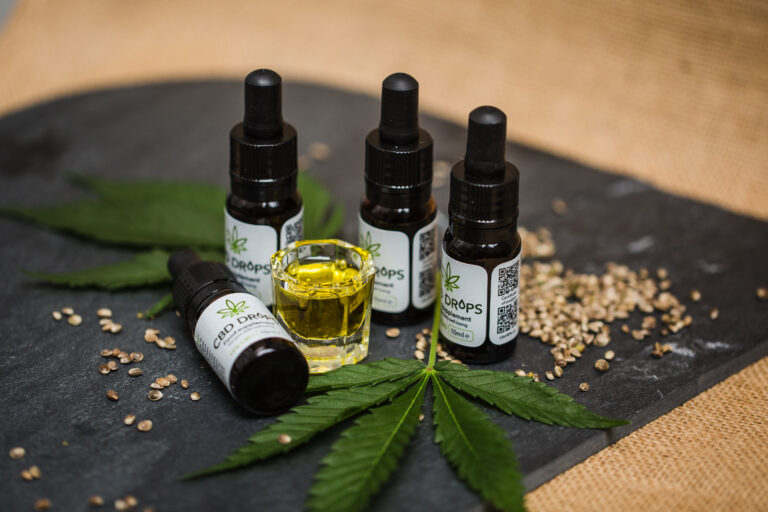
Environmental Benefits of Hemp Farming
In recent years, as the world grapples with the escalating concerns of climate change and environmental degradation, sustainable alternatives are becoming more crucial than ever. One such alternative that’s been gaining momentum is hemp farming. From carbon sequestration to reduced pesticide use, let’s delve into the compelling reasons why hemp farming is a game-changer for our planet.
1. Carbon Sequestration: A Natural Climate Solution
Hemp is a remarkable carbon sequestration tool. As it grows, this hardy plant absorbs carbon dioxide from the atmosphere through photosynthesis, storing carbon in its leaves, stems, and roots. This unique property makes hemp an excellent candidate for mitigating the impacts of climate change. Studies indicate that hemp can sequester a significant amount of carbon per hectare, playing a role in reducing atmospheric carbon levels and thereby helping to combat global warming.
2. Soil Health and Erosion Prevention
One of the unsung heroes of hemp farming is its impact on soil health. Hemp has an extensive root system that helps prevent soil erosion by binding the soil together. Moreover, the plant’s growth and decomposition cycle adds organic matter to the soil, improving its structure, water retention, and nutrient content. This organic matter also supports beneficial microorganisms in the soil, fostering a healthier and more biodiverse ecosystem beneath the surface.
3. Reduced Pesticide and Herbicide Use
Traditional agriculture often relies heavily on chemical pesticides and herbicides to protect crops and ensure high yields. However, these chemicals can have detrimental effects on both the environment and human health. Hemp, on the other hand, has natural defenses against pests and weeds. Its dense growth and height naturally suppress weed growth, reducing the need for herbicides. Additionally, hemp’s natural resistance to pests means that farmers can significantly cut back on pesticide applications, leading to cleaner water systems and less harm to non-target species.
4. Water Efficiency
Water scarcity is a critical issue in many parts of the world, and agriculture is a major contributor to water consumption. Hemp offers a solution by being relatively water-efficient compared to other crops. It requires significantly less water than thirsty crops like cotton, corn, and rice. This makes hemp an attractive option for regions facing water shortages and those aiming to conserve this precious resource.
5. Biodiversity and Habitat Protection
Hemp farming can be integrated into sustainable agricultural practices that prioritize biodiversity. By planting hemp alongside other crops or in rotation with them, farmers can create diverse ecosystems that support a wide range of pollinators and other wildlife. Moreover, the growth of hemp can help reclaim areas of land that have been degraded by industrial activities, providing habitats for various species and contributing to ecosystem restoration.

6. Biodegradable Materials and Plastics
The environmental benefits of hemp extend beyond the fields. Hemp fibers can be used to create biodegradable alternatives to various products, including plastics. Traditional plastics have proven to be a major source of pollution, clogging oceans and harming marine life. Hemp-based bioplastics offer a sustainable solution, as they break down naturally and have a significantly lower environmental impact compared to their petroleum-based counterparts.
7. Energy and Resource Efficiency
The hemp plant is remarkably resource-efficient. It grows quickly and requires minimal inputs to thrive, making it a low-maintenance crop. Furthermore, hemp seeds can be pressed to extract oil that is not only edible but can also be converted into biofuel. This dual-purpose nature of hemp makes it a promising candidate for sustainable energy and resource production.
In conclusion, the environmental benefits of hemp farming are substantial and varied. From its ability to sequester carbon and improve soil health to its role in reducing pesticide use and promoting biodiversity, hemp is proving to be an eco-friendly powerhouse. As we continue to search for sustainable alternatives to meet our agricultural and industrial needs, hemp’s versatility and positive environmental impact make it a key player in building a greener and more resilient future for our planet. Please view website if you need more information or have any questions about Hemp.

Going Meatless for Better Health

CBD Oil for Anxiety
You May Also Like

Weight Loss – Difficult But Not Impossible
April 21, 2022
Speaking Careers – How To Find A Career In Public Speaking
April 29, 2019
